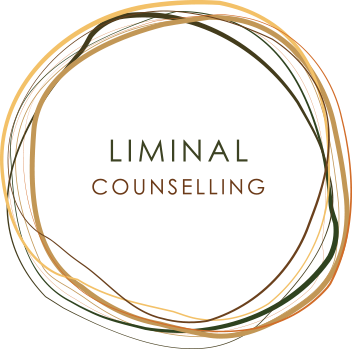Overcome Anxiety to Find Peace in Your Life


What is Anxiety?
Feeling anxious from time to time is a normal part of life, but when anxiety becomes overwhelming, it can interfere with daily functioning and well-being. Anxiety disorders are among the most common mental health conditions, affecting millions of people worldwide. Whether you’re experiencing persistent worry, panic attacks, or body symptoms, such as gastrointestinal issues, anxiety therapy can provide you with the tools and support you need to regain control of your life.
Understanding Anxiety: It’s More Common Than You Think
Anxiety is more than just feeling stressed or worried; it’s a pervasive condition that can affect every aspect of your life. You’re not alone—many people experience anxiety, often in silence. Everyday stressors like work, relationships, or health concerns can trigger anxiety, but when these feelings don’t go away, it may be time to seek help. Studies show that nearly 30% of adults will experience an anxiety disorder at some point in their lives, making it an important issue that deserves attention.
How Anxiety Affects Your Life
Anxiety can manifest in many ways, influencing your physical health, emotions, and thought patterns. You may experience body symptoms such as rapid heartbeat, muscle tension, irritability, or a constant sense of dread. These symptoms can make it difficult to focus, sleep, or even enjoy activities you once loved. The cycle of anxiety can feel relentless, but therapy offers a way to break free and rediscover your sense of calm.

Why Anxiety Therapy is Important
Therapy provides a safe space to explore the roots of your anxiety and develop strategies to manage it effectively. Cognitive Behavioral Therapy (CBT) is one of the most effective treatments for anxiety, helping you to challenge and change negative thought patterns. Mindfulness-based approaches also offer tools for staying present and reducing the power of anxiety over your life. EMDR Therapy also provides a protocol for treating anxiety.
Many clients report significant improvement after starting therapy, finding that they can live a more fulfilling life. Whether you’re dealing with generalized anxiety, panic attacks, social anxiety, or specific phobias, anxiety therapy provides the tools and support needed to regain control over your life and achieve a sense of calm and balance.
Common Reservations About Therapy
It’s normal to have reservations about starting therapy. You might worry about opening up to a stranger or fear that your concerns will be dismissed. However, therapy is a confidential and non-judgmental space where your experiences are validated. At Liminal Counselling, we tailor our approach to your unique needs, ensuring that you feel comfortable and supported throughout the process. Remember, seeking help is a sign of strength, not weakness.
Starting Your Journey: What to Expect in Anxiety Therapy
- Initial Assessment: In the first few sessions, your therapist will gather information to understand the context and history of your anxiety. This helps in developing a personalized treatment plan tailored to your specific needs.
- Building Trust and Safety: Establishing a trusting relationship with your therapist is important. Sessions will focus on building rapport and creating a safe and supportive environment where you feel comfortable.
- Identifying Triggers: Together with your therapist, you will identify the specific situations, thoughts, or behaviors that trigger your anxiety. Understanding these triggers is the first step in learning how to manage them effectively.
- Developing Coping Strategies: Your therapist will teach you practical skills and techniques to manage and reduce your anxiety symptoms. These may include:
- Cognitive-Behavioral Therapy (CBT): Helps you identify and change negative thought patterns and behaviors that contribute to your anxiety.
- Exposure Therapy: Gradually exposes you to anxiety-provoking situations in a controlled way to reduce your fear and anxiety response.
- EMDR Anxiety Protocol: Helps you target and resolve specific anxiety-inducing memories.
- Mindfulness and Relaxation Techniques: Practices such as deep breathing, meditation, and progressive muscle relaxation to help calm your mind and body.
- Stress Management: Techniques to manage everyday stressors more effectively, such as time management, organization, and self-care practices.
- Building Confidence and Resilience: Therapy will also focus on building your confidence and resilience, enabling you to face anxiety-provoking situations with greater ease. You’ll learn how to challenge and reframe anxious thoughts and develop a more positive and realistic outlook on life.
- Setting Goals and Monitoring Progress: Your therapist will help you set achievable goals for your anxiety management and regularly monitor your progress. This is measured by the improvements you feel in your daily life—whether it’s reduced anxiety symptoms, better sleep, or more confidence in facing challenges.
Take the First Step: Reach Out Today
Taking the first step toward therapy can feel daunting, but it’s also a step toward reclaiming your life from the grip of anxiety. Contact us today to schedule a consultation and let us support you in finding the peace and balance you deserve. Whether you’re ready to start therapy or just have questions, we’re here to help. You don’t have to face anxiety alone—reach out to Liminal Counselling in Ajax and begin your journey towards wellness today.
Anxiety Therapy Articles
Schedule a Free Consultation





